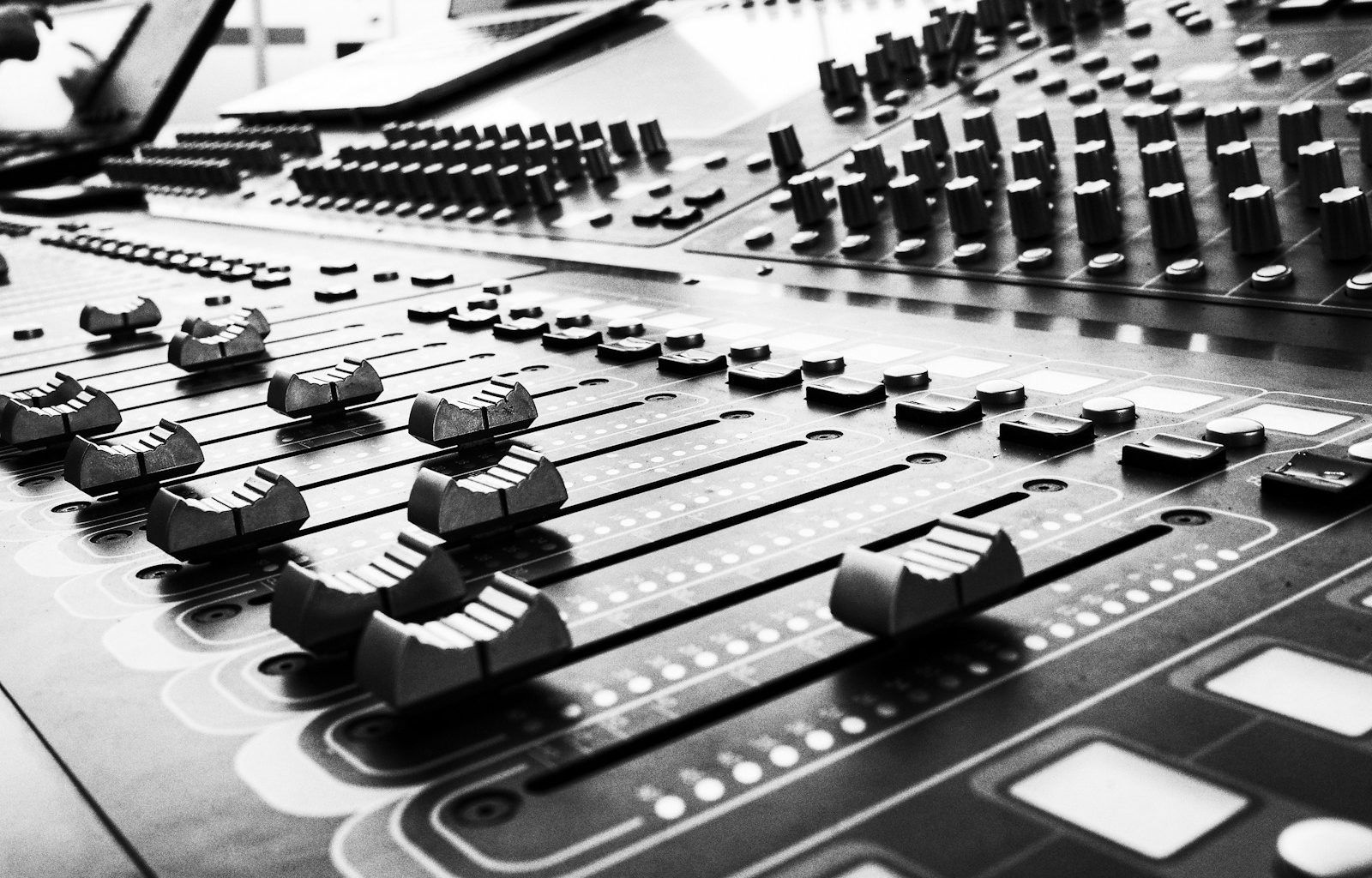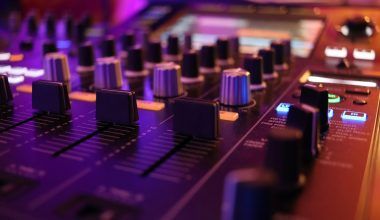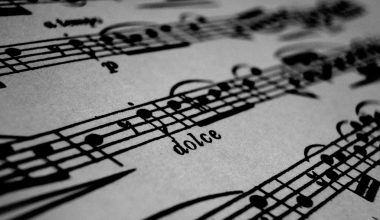Understanding the World of Music Studios
If you’ve ever wondered, “What is a music studio?” you’re in the right place! A music studio is a specially designed space where musicians, producers, and engineers come together to create, record, and refine music. It’s where raw ideas transform into polished tracks that we enjoy on our playlists every day. Whether it’s a small home setup or a professional recording studio, the magic happens here. But it’s not just about the equipment or the walls—it’s about creativity and collaboration. A music studio provides the environment artists need to explore their sound and bring their musical visions to life. Let’s dive deeper into what makes a music studio unique and essential for music creation.
What Makes a Music Studio Special?
A music studio is much more than a room filled with instruments and gadgets. It’s carefully designed to enhance sound quality and eliminate noise or echoes that can interfere with recording. The walls, floors, and ceilings are often treated with special materials to ensure sound clarity. Apart from the acoustic treatment, a studio houses all the tools necessary for music production. This includes microphones, mixing consoles, and digital audio workstations (DAWs). But what really makes it stand out is the creative energy buzzing in the space. Artists feel inspired in a studio because it’s a dedicated environment that encourages focus and experimentation.
The Core Purpose of a Music Studio
At its heart, a music studio is where music happens. It’s where ideas take shape, whether it’s a soulful ballad, an energetic pop song, or a powerful rock anthem. Studios help artists do more than just record—they refine and perfect their craft. The controlled environment ensures that every sound, from the softest whisper to the loudest drumbeat, is captured with precision. This level of detail is nearly impossible to achieve outside a studio setting. In addition, music studios foster collaboration. Musicians, producers, and sound engineers come together to brainstorm, experiment, and refine tracks until they’re just right.
Types of Music Studios
Music studios come in all shapes and sizes, each catering to different needs. Here are the main types:
Home Studios
These are perfect for budding musicians or those on a budget. Home studios are usually set up in bedrooms or spare rooms and include basic equipment like a laptop, a microphone, and some soundproofing. While they lack the sophistication of professional setups, they’re great for recording demos or experimenting with ideas.
Project Studios
Project studios are a step up from home studios. They’re designed for musicians who want to record full songs or even albums. These setups often include better equipment and improved acoustic treatment, offering a balance between affordability and quality.
Professional Studios
These are the ultimate music creation spaces. Professional studios have state-of-the-art equipment, expert sound engineers, and top-notch acoustics. They’re used by major artists and bands to record high-quality music for commercial release.
Key Features of a Music Studio
If you walk into a music studio, you’ll notice several essential elements. Let’s break them down:
1. Soundproofing and Acoustic Treatment
Soundproofing keeps unwanted noise out, while acoustic treatment ensures the sound within the studio is balanced and clear.
2. Recording Equipment
This includes microphones, audio interfaces, and preamps. The quality of these tools plays a huge role in the clarity and richness of the recordings.
3. Instruments
Depending on the type of studio, you’ll find guitars, keyboards, drums, and other instruments. Some studios even have vintage equipment for a unique sound.
4. Comfortable Environment
Studios are designed to be comfortable and inspiring. Many feature cozy seating areas, mood lighting, and even artwork to spark creativity.
Why Are Music Studios Important?
You might wonder, “Can’t artists just record at home?” While home setups are great for starting out, professional music studios offer advantages that are hard to match. For one, studios ensure top-notch sound quality. They’re equipped to handle complex recordings and provide the expertise of skilled engineers. Additionally, studios offer a distraction-free environment, allowing artists to focus entirely on their music. Moreover, the collaborative atmosphere of a studio is invaluable. Producers and engineers bring fresh perspectives that can elevate a track to new heights.
The Role of Technology in Modern Music Studios
Today’s music studios rely heavily on technology. Digital tools like DAWs have revolutionized music production, making it more accessible and efficient. Musicians can now experiment with countless sounds, effects, and techniques with just a few clicks. However, technology doesn’t replace the human touch. The best music comes from the perfect blend of skill, creativity, and cutting-edge tools.
How to Set Up Your Own Music Studio
Dreaming of creating your own music studio? Start small and build as you go. Here’s a simple guide: Choose the Right Space: Pick a quiet room with minimal outside noise. Invest in Basic Equipment: Get a computer, a DAW, a microphone, and headphones. Treat the Acoustics: Use foam panels or curtains to improve sound quality. Add Instruments: Start with the basics and expand based on your style. Learn and Experiment: Take time to understand your equipment and experiment with different setups.
Music Studios: A Space for Creativity
Ultimately, a music studio is a space for creativity, collaboration, and growth. Whether it’s a Grammy-winning artist or someone recording their first song, a studio plays a crucial role in bringing their musical dreams to life. If you’re passionate about music, don’t hesitate to explore a studio near you—or even create your own. So, what is a music studio? It’s a gateway to a world of endless possibilities, where sound becomes art.
For further reading, explore these related articles:
- The Ultimate Guide to the Best Black Eyed Peas Songs
- Ghost Lyrics Justin Bieber: A Deep Dive Into Love, Loss, and Healing
For additional resources on music marketing and distribution, visit DMT Records Pvt. Ltd..






